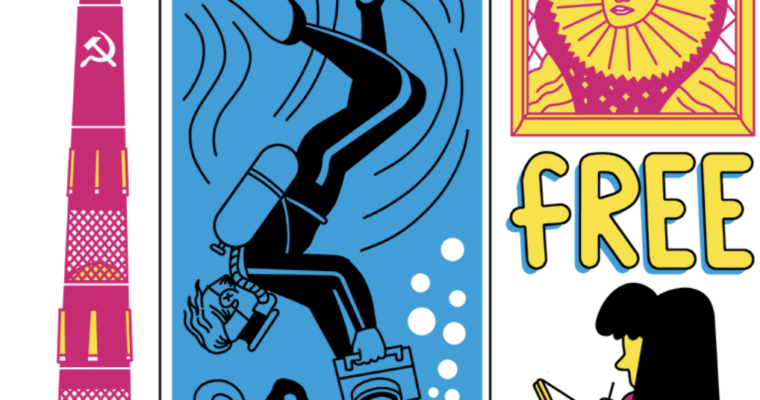EXEUNT OMNES
Look look! It’s a new publication! This is my comics-based piece appearing in Leaving the Field, edited by Robin James Smith and Sara Delamont. This was one of those projects that was a pleasure to write because the editors were so very lovely from start …









